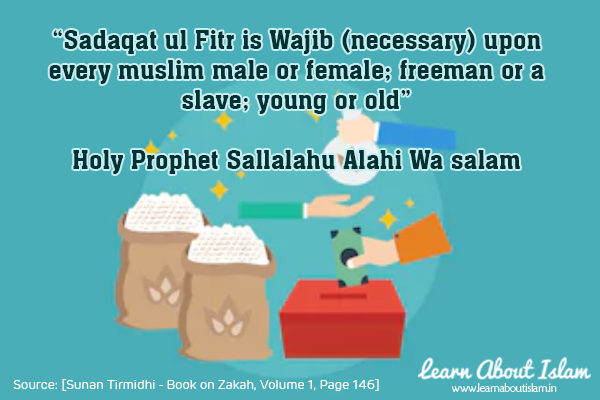RAMADAN TIMETABLE 2018 Hyderabad Region
Hyderabad Sehri - Iftar Ramadan Timings 2018 - Updated.
Ramadan Schedules and information on Ramadan Timings 2018 and fasting schedule of Sehri and Iftar for 2018 for Hyderabad Region, Andra Pradesh, India. Ramadan in India will start on Wednesday, the 17th, May 2018 (Taraweeh Salat from 16th May 2018 and Ist Roza from 17th May 2018) and will end after 30 days on Friday, the 16th, June 2018. Eid ul Fitr Namaz will be celebrated on 15th or 16th June 2018 depending on the sighting of Moon and Shariat.
Our Special on Ramadan - Dua and Q&A on Ramadan 2018
Allahumma inni laka sumtu wa bika aamantu wa 'alayka tawakkaltu wa 'ala rizq-ika aftarthu fathakabl minni
Dua for keeping a fast (Sehri Dua)
Wa bisawmi ghaddan nawaiytu min shahri ramadan
Alternately you can also Read
Navaitu an asuma gadala lilaahi ta aalla min fardi ramadan
RAMAZAN RELATED ARTICLES
- Eid ul Fitr Namaz, Niyat, Dua with Eid Takbir
- Taraweeh Namaz, Taraweeh Niyat and Taraweeh Dua (Tasbeeh-e-Taraweeh)
- All you want to know about #Zakat-ul-Fitr. FAQs of Zakat with videos
- Nafil Namaz (Salat and Dua) on Shabe Qadr | Prayers for Shab e Qadr
- How to perform Eid-ul-Fitr Namaz and Nawafil Namaz (Salat) on day of Eid-ul-Fitr
- Itikaf Niyat and Itikaf Dua in Ramadan
- #Ramadan Prayers | Duas to be read in Holy Month of #Ramadan
- Rules of Taraweeh Salat and Taraweeh Dua
- Do's and Dont's during fasting in the holy month of Ramadan
- How to perform Taraweeh Salat with Taraweeh Tasbih



















